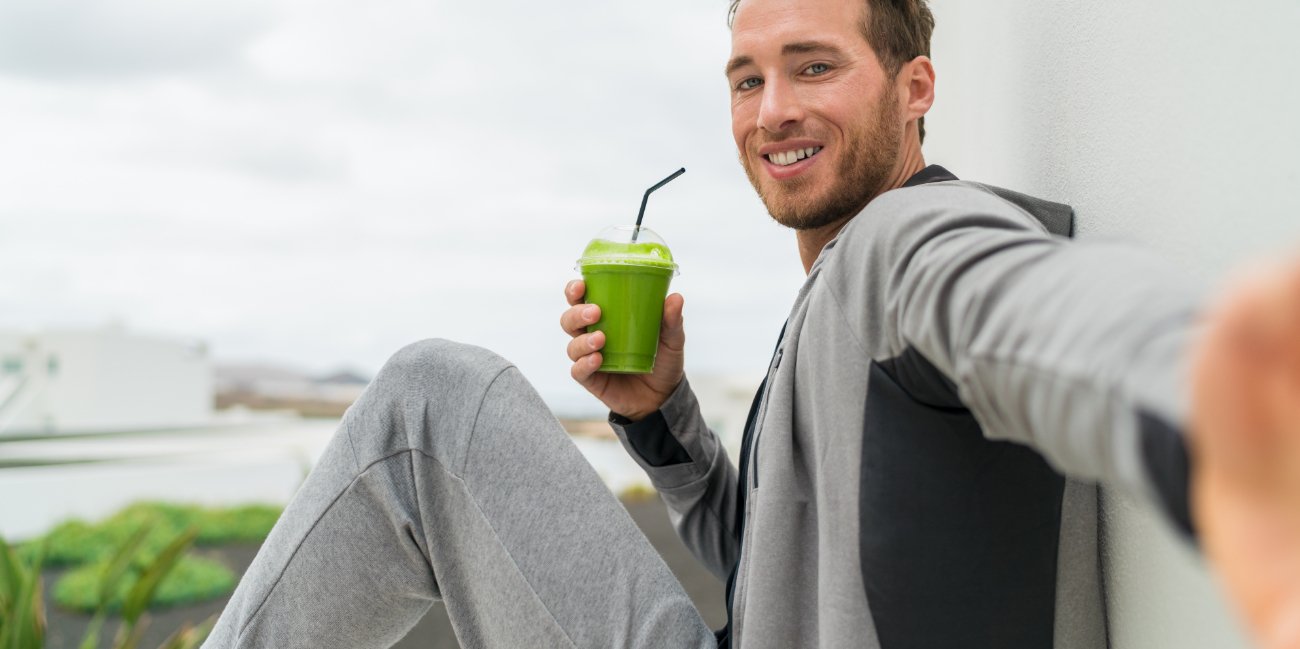
Last month we talked about the importance of muscle mass and how to increase your body’s muscle mass. This month we will do a deeper dive on what that means precisely and how we can measure muscle mass. You may have heard the term body composition before. I am simplifying a bit here, but basically body composition means how much of your body is fat and how much of your body is everything else. The ‘everything else’ refers to water, organs, bones and muscle… of those, the only one we can really change in any significant way is muscle and last month we discussed the ways in which you can increase your muscle mass. At this point in the program, one might reasonably ask “how much muscle do I have”? There are several different ways to measure, and I will discuss the three most common.
Three Ways to Measure Muscle Mass
- Bio-impedance: The cheapest, but least accurate way to measure muscle mass is Bio-impedance. You stand on a scale and usually grab a handle with each hand. A very slight electrical charge (don’t worry it doesn’t hurt) is sent through the body and, based on the current that passes through, an estimate of lean body mass can be made. The main issue with this method is that it is very sensitive to how hydrated you are and any dehydration will throw off the results.
- Bod Pod: The next way to measure muscle mass is the “Bod Pod” (technically Whole-Body Air Displacement Plethysmography… say that three times fast!) You sit in a very tightly sealed chamber and based on the amount of air you displace (and how much you weigh) a fairly accurate measure of your lean body mass can be made.
- DEXA: The most accurate method to measure body composition is DEXA. This method does involve a small amount of radiation—however, if the machine is relatively new it is less than a typical Chest X-ray. If done properly DEXA can also measure the amount of fat in your abdominal cavity (this is called visceral fat and is the type that is the worst for your health) and the amount in your arms and legs. DEXA will also measure the density of bones, which is also important as hip fractures are a frequent cause of disability in the elderly. All in all, DEXA is a very useful test and one that can be repeated in a year or two in order to see if your new training program is producing the intended results—building muscle mass!

Are You a Candidate for Weight Loss Surgery?
Take our 60 second assessment and find out if you are a candidate for weight loss surgery


